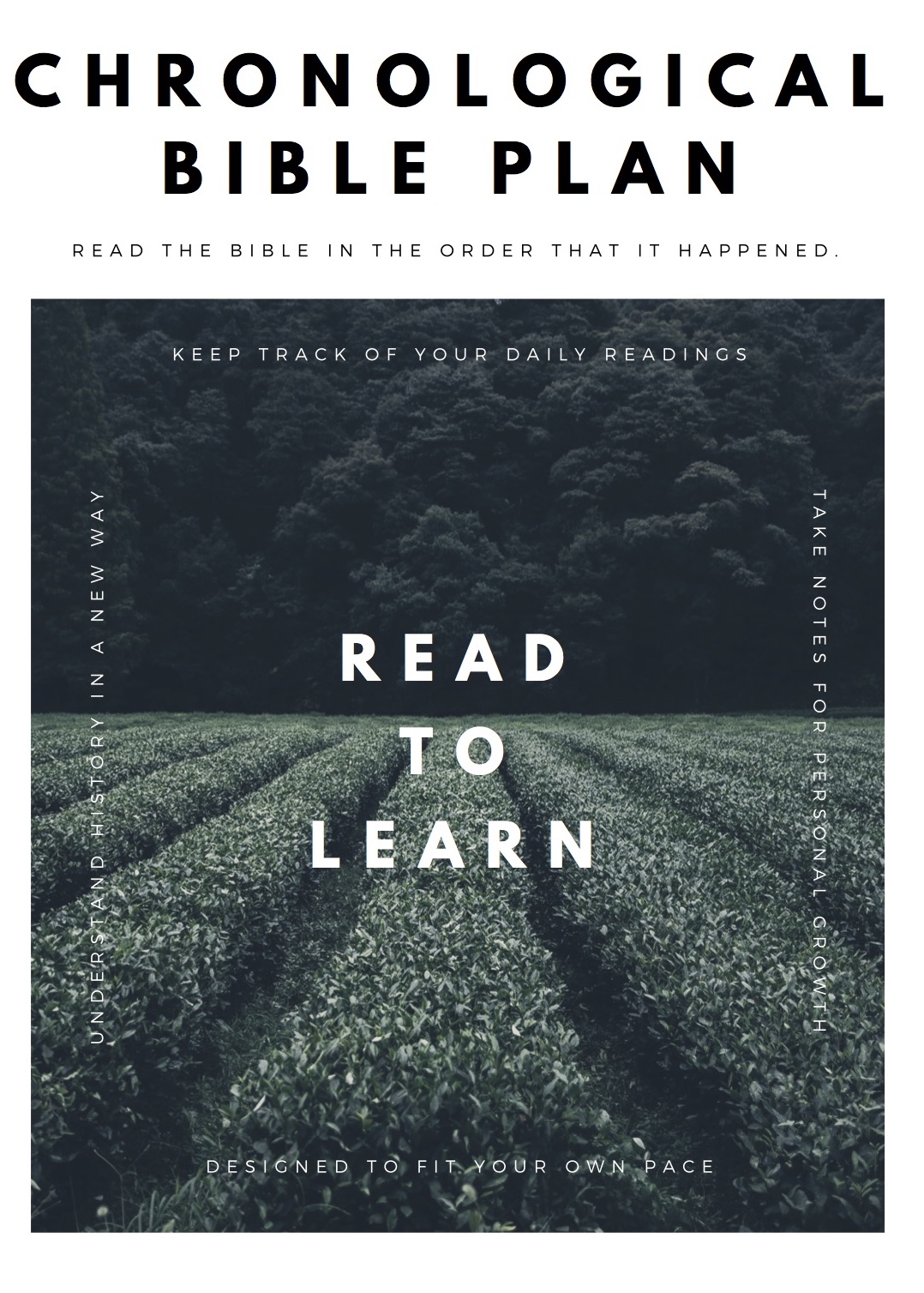Have you ever been overwhelmed? Have you ever felt the enemy closing in? Have you ever wanted to say something to God you felt guilty about? I think we can all answer yes to these questions and we can find answers in the book of Psalms. It is one of the most emotionally charged, insightful, and reflective books of the Bible. There is a psalm for almost any situation, so let’s take a moment to learn more about this collection of passages in the Old Testament.
An Overview
First, let’s take a short look at the entire book of Psalms. Grab your Bible and jump to Psalm 42. Notice what precedes the chapter: “Book 2.” Psalms is actually divided into five books, grouped together based on corresponding themes or theological principles. It’s believed that the Psalms were written over a 1,000 year period, and while we often assume the entirety of the Psalms were written by King David, just under half of them are actually attributed to him. Other authors include Solomon, Moses, Asaph, Heman, Ethan, and the Sons of Korah; at least 18 have no author.
Many of the Psalms include some kind of musical notation: some reference the type of instrument to be played such as flutes or stringed instruments. Psalm 9 specifically refers to another song that the psalm should be sung to. I grew up reading the King James, and was always confused as to what the word “Selah” meant in the various Psalms. Later, I learned it means “interlude”, or what we would think of a musical bridge.
Psalm 119
Psalm 119 is unique among the chapters of the Bible in that it’s probably the closest, structure wise, in the original text to what we have today. Consider this: the Bible wasn’t written in chapters and verses. They are a later addition for us to quickly find scripture references.
But Psalm 119 is different. While it has no author, look closely at the structure. Every 8 verses has some kind of heading, such as Aleph, Beth, Gimel, and so on. As a kid, I always assumed these were intended to be who was singing that section of the song. Instead, those words are actually letters of the Hebrew alphabet. Psalm 119 is divided into stanzas — 22 to be exact: one for each letter of the Hebrew alphabet.
Back to my comment about it being closest to our Biblical structure, each verse was also a single sentence in the original language. Each sentence began with the same letter of that stanza. Here’s a brief example in English of how this works:
Apples were what he bought
Airplanes were flying overhead.
Are you glad this poem is over?
This style is known as acrostic and is a common poetic genre. While the translation to English breaks the acrostic pattern, we can still see it through the organization of each heading and stanza.
Theology of the Psalms
The themes of the Psalms range from praises to laments to appreciation of the Law. Some are pretty descriptive: the authors record their innermost thoughts and express what they’re feeling. In the authors writings, we can extrapolate a lot of great theology. But for today’s purposes, there’s one key thing I want you to walk away with:
God cares about how you feel.
I’ve read my Bible for years, but when I slowed down and read what was actually being said, it took me back a bit. Look at Psalm 3:7.
Rescue me, my God!
Slap all my enemies in the face!
Shatter the teeth of the wicked!
I bolded the part that took me by surprise. Is it a Christ-like attitude to ask God to shatter someone’s teeth? Of course not! But, here David is expressing his anguish in a raw way. What can we walk away with? God wants us to be honest with Him. After all, He already knows how we feel! We can repent of our human flaws, but don’t hide them from God like Adam and Eve tried to. Tell Him how you feel and let Him change you.
Unity among the Psalms
When I first began working on this blog, I selected three Psalms to look at in more detail: 1, 103, and 145. And while these aren’t the only ideas present, there is a general sense of unity among them.
Psalm 103 and 145 shared a striking statement: both say God is slow to anger (103:8 & 145:8). Among all three chapters there is a sense of endurance. Psalm 1 says God will prosper the righteous. Psalm 103 looks ahead to the things God will restore while Psalm 145 is worshipful in God’s everlasting faithfulness.
God’s Call to Us
Earlier I said that God wants us to be real with Him. Here’s the thing to keep in mind as we read the Psalms: He sees our struggles. We might feel overwhelmed, sometimes asking ourselves where He is or if He’s even listening. His faithfulness is reflected throughout the entirety of all five books. When we feel frustrated, hurt, alone, or cast aside, there is almost always a psalm we can read that will speak to our emotions.
When the hard days come, rest in Him. Trust in His provision, and let the psalms be your guide.

Download our Chronological Bible Plan
Reading God's Word daily is one of the most important things we can do to be #Fitfor2018. Don't wait until next January 1st to start reading -- download our free plan to get started today!
Get your plan here
